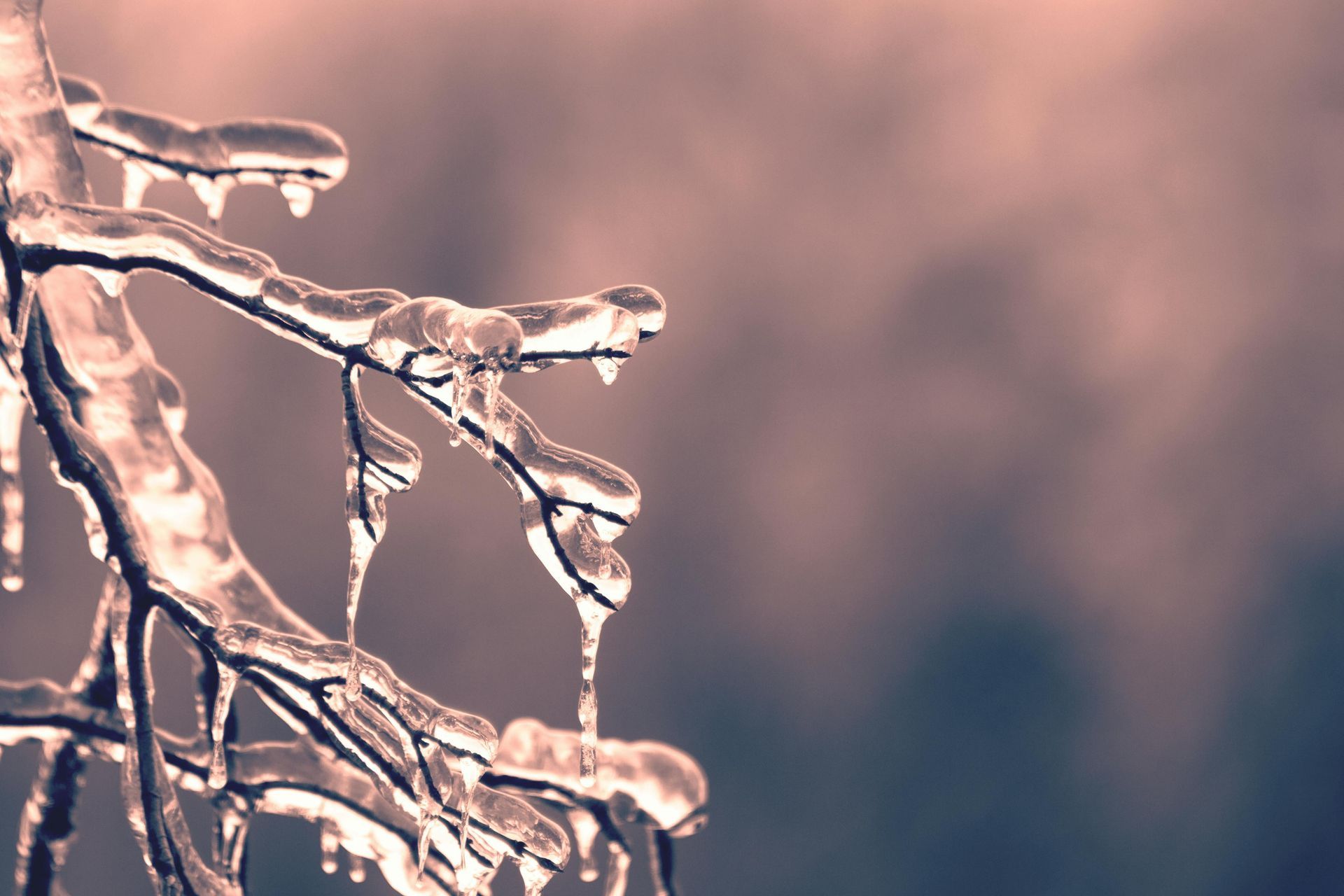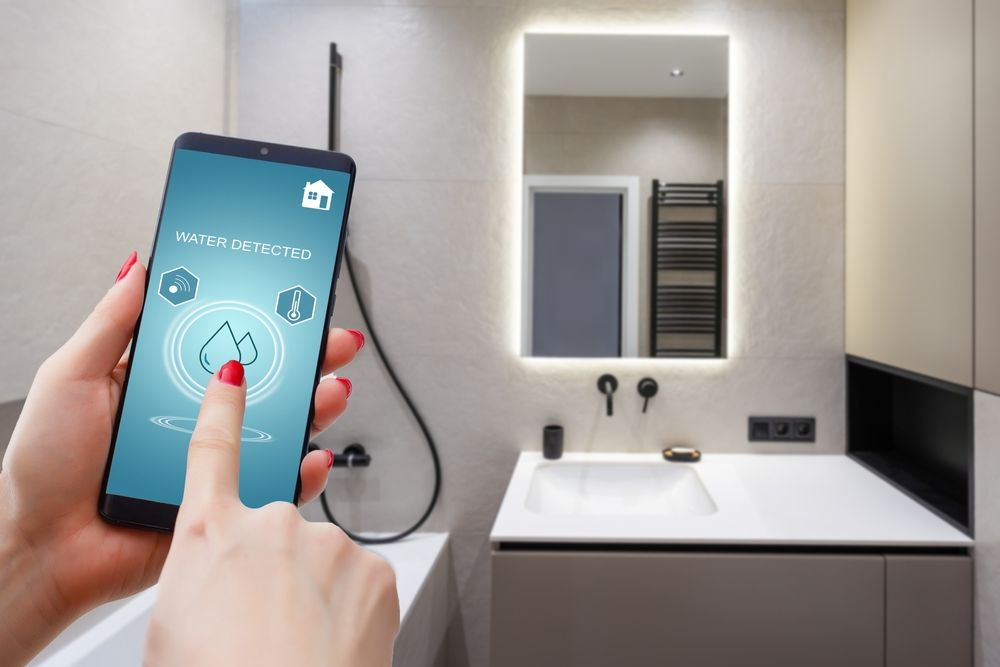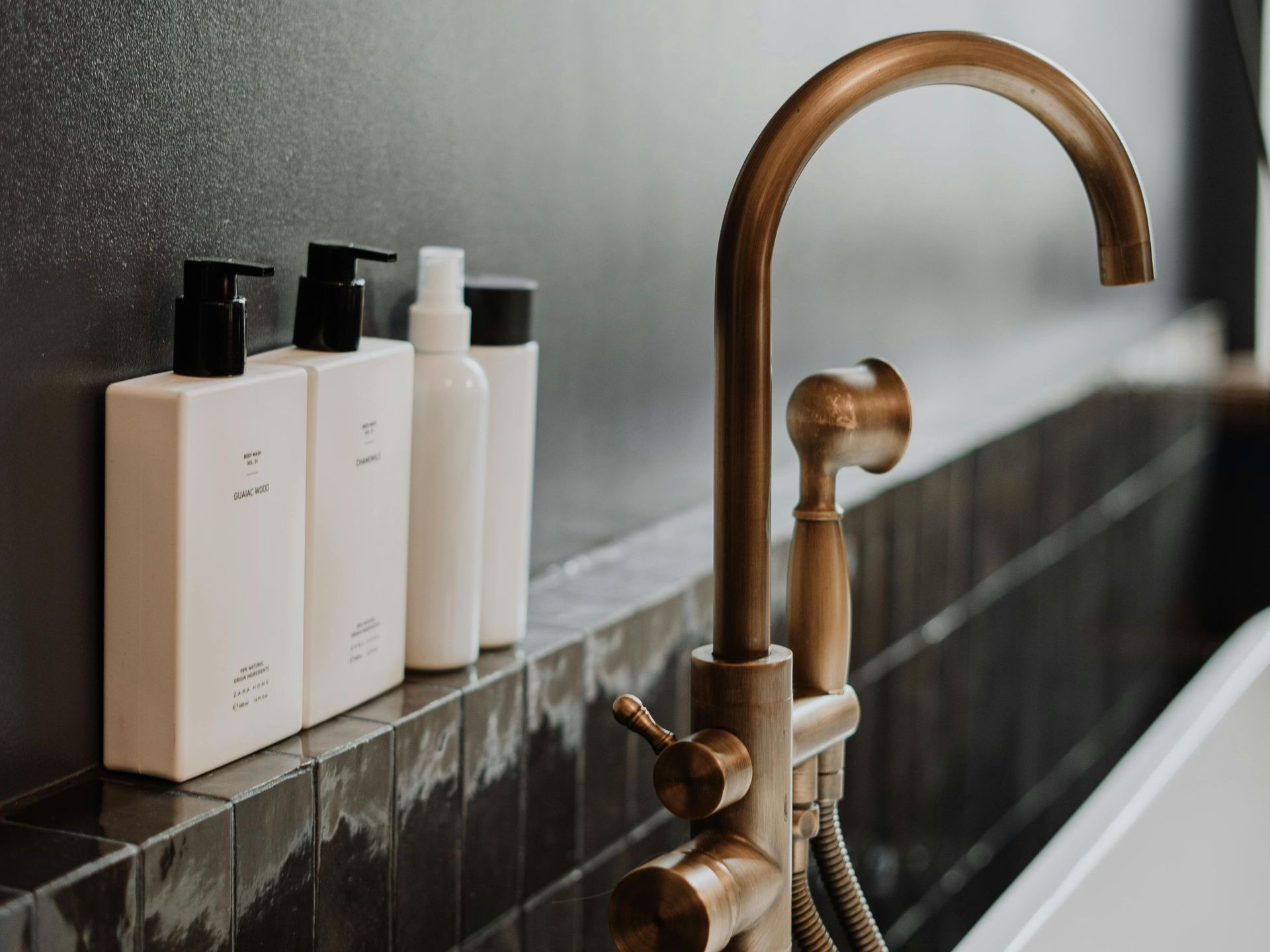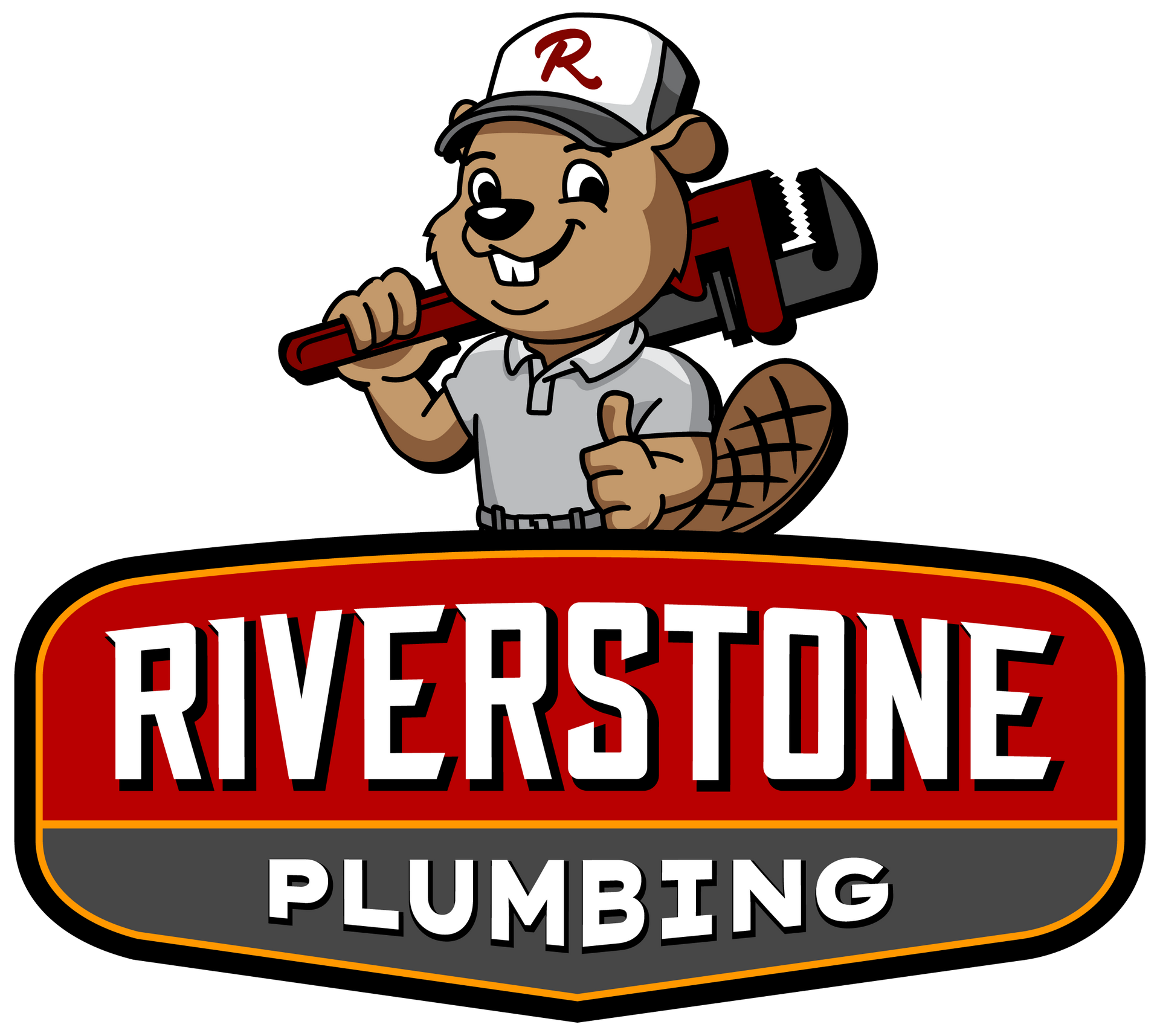The Advantages and Disadvantages of Tankless Water Heaters
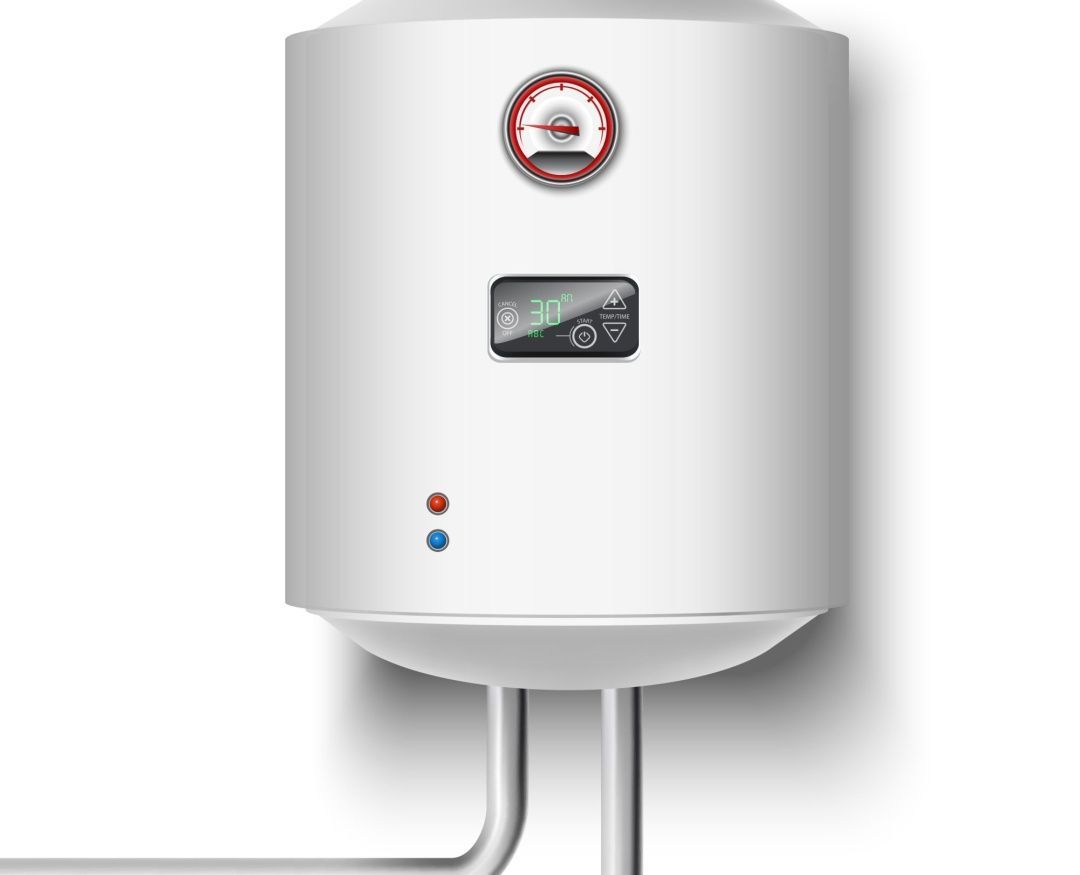
Tankless water heaters, also known as on-demand water heaters, have become increasingly popular in homes and businesses across the country. At Riverstone Plumbing, we’ve seen firsthand how these systems can transform daily routines and provide long-term value. But like any major investment, it’s important to understand both the benefits and the potential drawbacks. Let’s dive into the pros and cons and explore who benefits most from making the switch.
What Is a Tankless Water Heater?
Unlike traditional water heaters that store gallons of hot water in a tank, a tankless system heats water instantly as it flows through the unit. This means hot water is available on demand with no waiting for a tank to refill or reheat.
Advantages of Tankless Water Heaters
- Endless Hot Water Supply
Have you ever been the last one in line for a shower and ended up with cold water? With a tankless water heater, that problem is virtually eliminated. The system heats water continuously, so your family won’t have to stagger showers or worry about running out during laundry and dishwashing cycles.
- Energy Efficiency and Cost Savings
Tankless models use less energy than traditional units because they don’t need to keep a full tank hot 24/7. Over time, this efficiency translates into lower monthly utility bills. While the upfront cost is higher, many homeowners view it as a long-term investment in both savings and sustainability.
- Space-Saving Design
Tankless heaters are compact and can be wall-mounted, freeing up valuable floor space in your utility room or basement. This is especially beneficial for smaller homes, condos, or businesses with limited storage areas.
- Longer Lifespan
On average, tankless water heaters last 20 years or more, nearly double the life of a traditional tank unit. With proper maintenance, you’ll enjoy reliable performance for decades.
Disadvantages of Tankless Water Heaters
- Higher Upfront Costs
One of the biggest drawbacks is the initial investment. Tankless units and installation can cost more than traditional tank models. However, when factoring in energy savings and a longer lifespan, many homeowners find the cost well worth it.
- Limited Output for Large Households
While these units provide endless hot water, they do have limits on how much water can be heated at once. For very large households with multiple showers and appliances running simultaneously, a single tankless system may struggle to keep up. Installing multiple units can solve this but adds to the cost.
- Requires Professional Installation
Unlike standard water heaters, installing a tankless system isn’t a DIY project. Professional installation ensures proper sizing, gas or electrical connections, and long-term performance which is where Riverstone Plumbing comes in.
Who Benefits the Most from Tankless Water Heaters?
- Families with Busy Schedules
Families who often run multiple appliances at the same time will appreciate the convenience of endless hot water.
- Small Homes and Apartments
Because of their compact size, tankless systems are perfect for properties where space is at a premium.
- Eco-Conscious Homeowners
If reducing your carbon footprint is a priority, tankless water heaters are a smart choice due to their energy efficiency and long lifespan.
Is a Tankless Water Heater Right for You?
The answer depends on your household size, water usage habits, and budget. Do you value energy savings and long-term reliability? Or do you need the lowest upfront cost? These are important questions to ask before deciding.
Final Thoughts from Riverstone Plumbing
At Riverstone Plumbing, we believe tankless water heaters are an excellent investment for many households and businesses. While the upfront cost can be a consideration, the long-term benefits, efficiency, space savings, and endless hot water make them a smart upgrade for the right situation.
If you’re wondering whether a tankless system is the right fit for your home, we are here to help you evaluate your options and provide expert installation.
